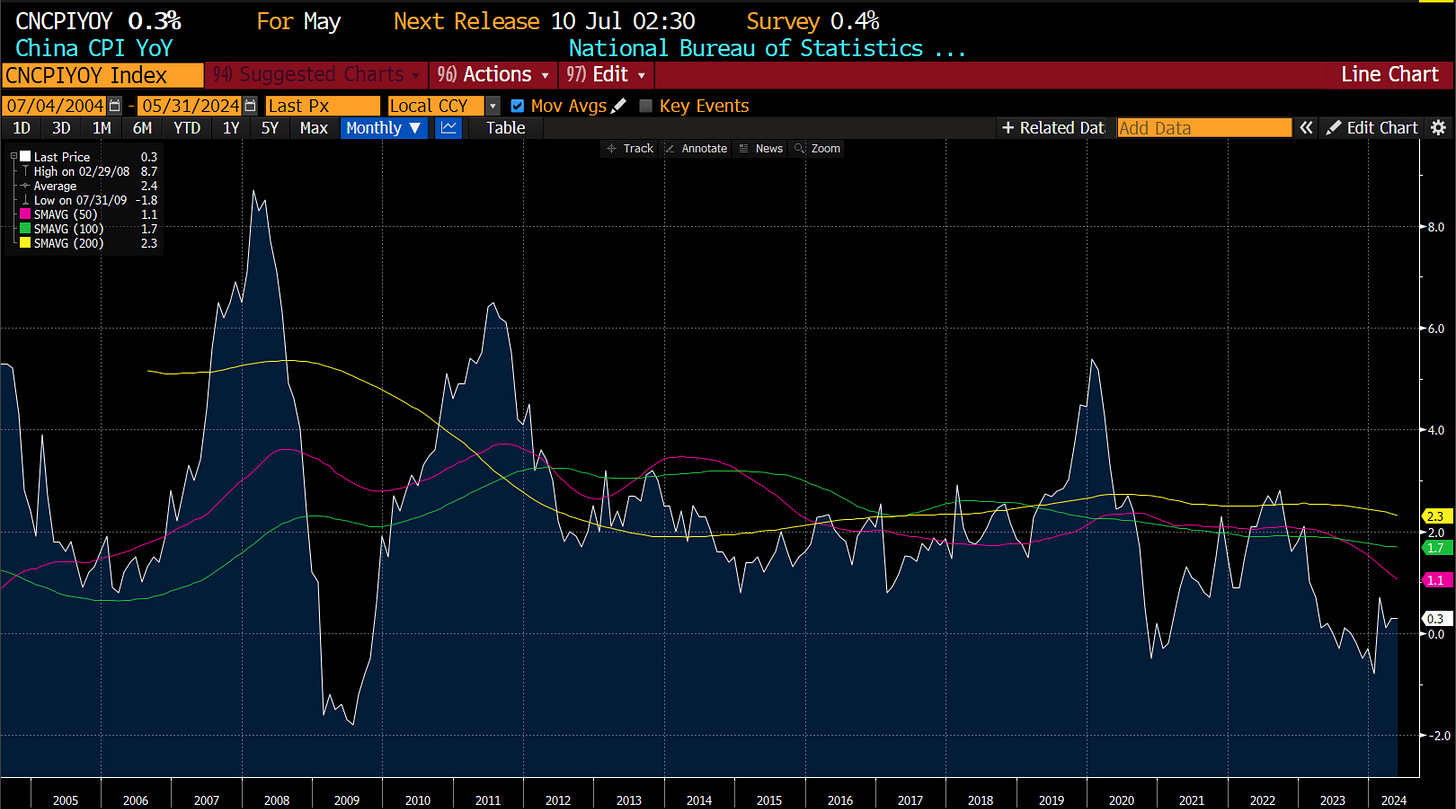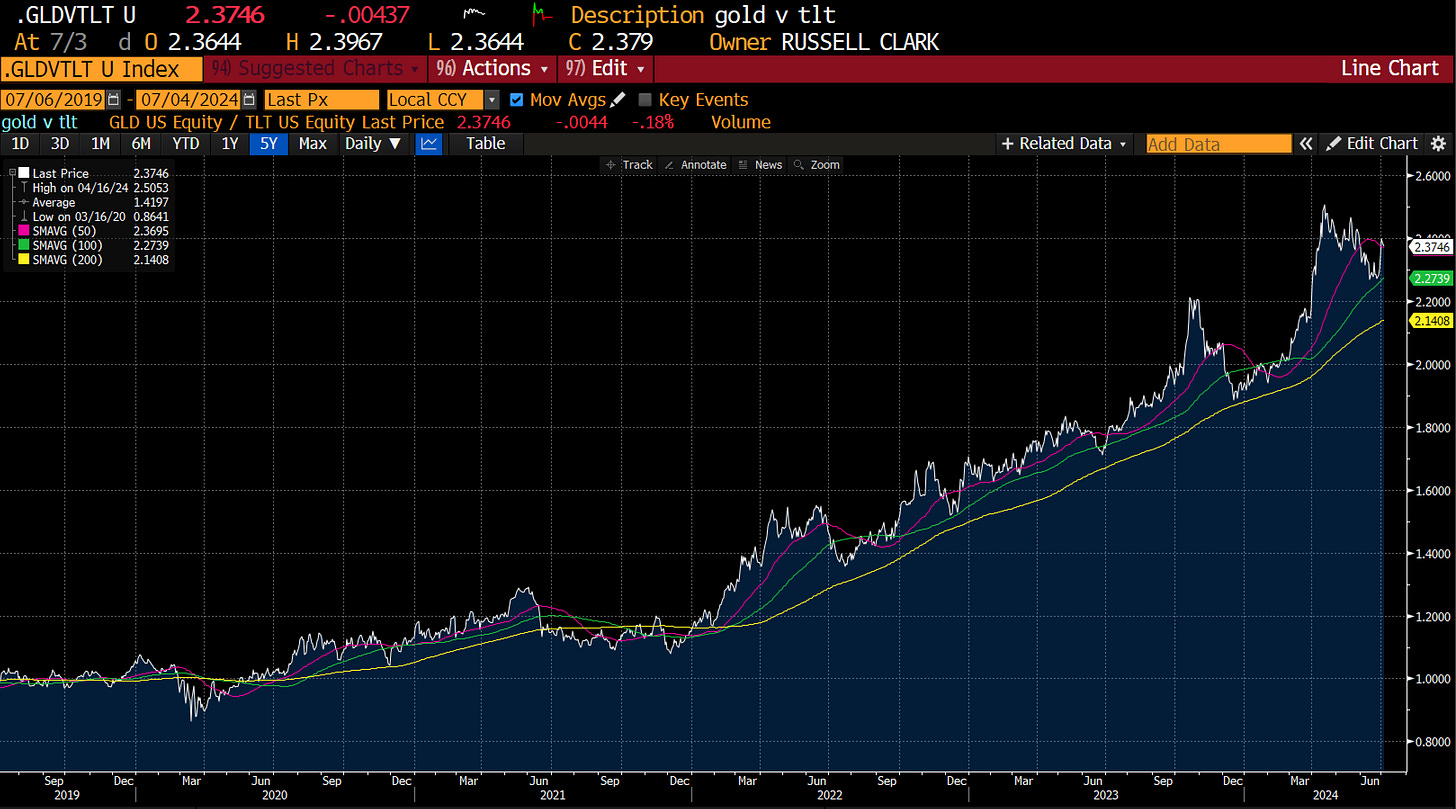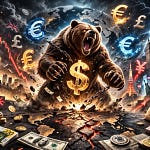In my recent post, “Modern Marxist Theory” I argued that if Marx was resurrected today, he would predict an economic crisis from corporate and capitalists seeking to minimise and avoid tax, and hence hollowing out the financial capacity of the state. For me the obvious political response to this would be a enacting antitrust and tax reform, and restoring power to labour and unions. This was a left wing view of the world, so for balance I wondered where I could find a coherent right wing view of the world.
Coherent right wing thinking can be hard to come by. Many of the current day right wing thinkers are better considered as reactionaries rather than as coherent thinkers. After some thought, I wondered if the thinking of Peter Thiel would offer some insights. I did know that Peter Thiel was a major supporter of President Trump in 2016. Given his success across many different businesses I thought I should try and understand where he was coming. I spent the afternoon reading Peter Thiel, namely his essay, the Straussian Moment. My first thought was that this essay is almost deliberately opaque - constantly referencing other writers and philosophers, and written in a way that is hard to follow. But halfway through the essay, he reveals his reasons:
In essence, back in 2007, Thiel was trying to say that he disagreed with the way politics was working, but was so contrarian in his thinking, he needed to hide the meaning of his essay in plain sight. And the meaning, as I understand it, is that conflict is necessary. While the West will try and remain true to its ideals, of “live and let live”, there will remain foes who will relentlessly attack the West, using these exact liberal attitudes against the West. And the only way for the West to survive is to fight. Or to put it in other words, war is inevitable.
The conflict Thiel sees is between a Christian West and the rest of the world. In the western world, the continual battle between the church and capitalists in the 1600s onwards, eventually led to a détente, where “live and let live” became the fundamental governing tenet. The USA was established with the tenet, and has become the fully realised version of capitalism and individualism. However, in non-Western world, this idea has not taken hold. In simple terms, and in the words of President Reagan, in the US, the state works for the people, while in the rest of the world, the people work for the state . Hence the West, and the USA in particular, will be in constant conflict with other parts of the world until they come to their own internal accommodation of “live and let live”. The original premise of globalisation was that the whole world would come to govern and rule in the same manner as the west, and Thiel argues this is a pipe dream.
Ultimately this difference means that conflict is unavoidable, as much as a Western “live and let live” attitude wants to avoid this. If conflict is unavoidable, then policies that seek to avoid it are pointless and a waste of time. The old Freidman idea of countries that trade with each other do not go to war with each other as the cornerstone of globalisation has been disproved. From this point of view, you can understand the anti-globalisation movement, and general hostility of liberal policies. They are seen as strengthening the enemy, while weakening the US and the free West.
Born in 1974, and the end of the Vietnam War, and the last war that had conscription in Australia, I am a “peace baby”. Avoiding war seems like a good idea to me, which is why I thought Brexit which weakened the Eurozone, which was set up to end war in Europe, was a bad idea. I also thought President Trump and his hostile attitude to China was also a bad idea. But, one thing I have to admit, is that the logic of conflict and war is predictable. Once the US identified China as an enemy, then ultimately US actions will provoke a Chinese reaction, and hawkish members on both side will have been proven correct. Once this vicious cycle begins, its is very hard to stop. Given that left wing government in the West have adopted a hostile attitude to China as well, then this vicious cycle looks to have begun. War and conflict seem inevitable to me.
To Thiel’s credit, this note was published in 2007, when the US and China were still friends. As far as I can tell he has acted in accordance with the logic of his essay, and has done very well for himself. Straussian logic would imply that US policy has gone from favouring global order, to favouring global disorder. In financial terms US assets will do well, while the rest of the world would suffer. This is exactly what has happened - MSCI US has massively outperformed MSCI World.
This has also led the US to be richer that it has ever been. I see this as a policy that explicit favours US corporates over foreign corporates, as seen in tax policy, and industrial policy. US net worth to GDP is also surging to new high. Politically, to buy corporate compliance with the end of free trade, policies that enhance wealth have been embraced. US tax policy on overseas profits I find heavily favour US corporates over European and Asian corporates. Below is US net worth to GDP.
And the long term relationship of the S&P to US Treasuries has completely broken down. I see this as the US not really caring about foreign creditors anymore. In fact, it is easy for me to see a future where the US chooses not to pay interest or principal on treasuries held by the Chinese. Or to put it another way, Americans own equities, foreigners own treasuries.
The problem is that US behaviour really leaves China with no option but go to war. Tariffs and financial restrictions have left China with over capacity that is leading to deflation. This is in stark contrast to the rest of the world.
Deteriorating economic conditions, and over capacity can be solved by going to war. It creates huge demand, and increases employment. It also has the benefit of rallying the public behind the government. I have always been sceptical of China going to war - culturally China has tended to assimilate rather than invade, but Theilian logic has convinced me that war is inevitable. What is a war trade? Long gold/short treasuries works for me. And it has already traded well.
US ally Japan has probably also moved policy from order to disorder. A weak Yen is good for Japan, but bad for the rest of Asia. A remilitarising Japan is probably good for Japan, and bad of the rest of Asia. Legacy Japanese weapon maker Mitsubishi Heavy (maker of the Zero fighter) has already reflected this new world order.
As I read Thiel I was reminded of an essay “Why American Hegemony Is Different From Britain’s Empire” by socialist historian Eric Hobsbawm, also published in 2007. In it he notes the Britain recognised the winds of change post World War II earlier than other empires, and adjusted course earlier. That is it granted independence to most of the Empire, rather than trying to fight to preserve it. Hobsbawm asks: “Will the US learn this lesson, or will it be tempted to maintain an eroding global position by relying on politico-military force, and in so doing promote not global order but disorder, not global peace but conflict, not the advance of civilisation but barbarism?” When right wing and left wing thinkers come to the same conclusion, then its hard to argue they are pushing an agenda, but making realistic conclusions based on solid analysis. War is an extremely pro-labour policy - almost unlimited demand for labour, and generally bad for financial assets. I thought food inflation would drive pro-labour policies. It looks like war instead. A golden era of peace and prosperity is coming to an end.


















